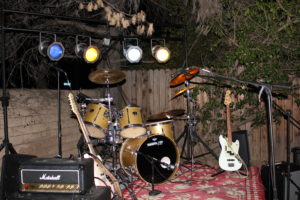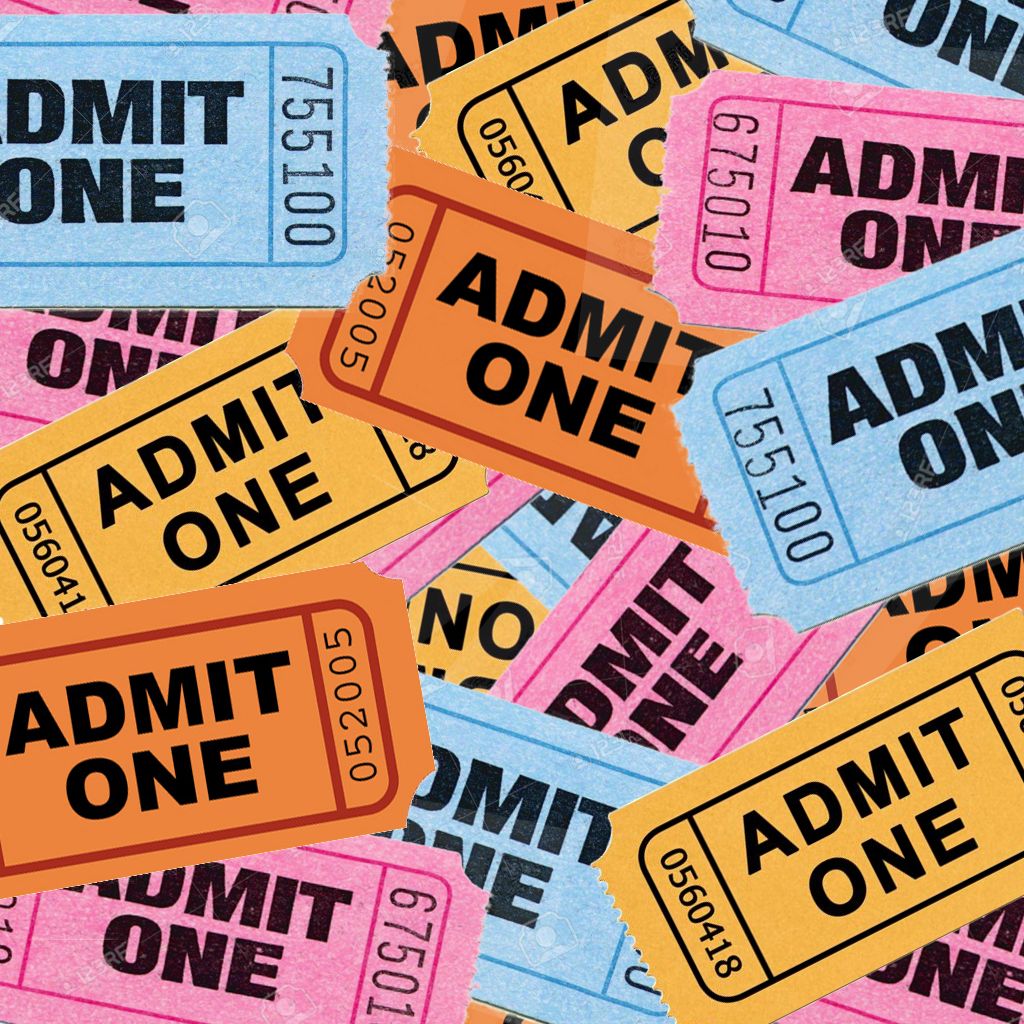Every band dreams of their first time on stage, and for some, pay-to-play appears to be the best way to make that dream come true. Venues like Chain Reaction, The House of Blues, and The Whisky A-Go-Go hire people, often called bookers or promoters, to bring in bands to perform. In order for venues to ensure they make a profit, bookers will require bands to sell a certain amount of tickets. Often enough, bands aren’t able to sell all of the tickets, with the band members having to pay out of their own pockets. As a result this system has been referred to as “Pay-to-Play.” Although pay-to-play presents itself as the ideal stepping stone for bands in the So-Cal music scene, it creates a barrier between bands and venues, and hinders a band’s progression in the scene.
At pay-to-play venues, the promoters have all the power. If you want to perform on a stage like Chain Reaction, you’ll have to contact their booker; though usually they’ll have to contact you first. They’ll send you a minimum of 30 tickets (depending on the show) at around ten dollars each that you’ll have less than a month to sell. If you manage to accomplish that, you can sometimes find yourself playing to an almost empty room; because regardless of those thirty tickets, here was no further promotion done by the promoter who gave you tickets in the first place. As promoters they do very little ‘promoting;’ they count on the bands to promote themselves, solely acting as the middle-man that collects ticket money from bands and nothing more. Their purpose is to create a barrier between the bands and the venue. They’ll usually search for small bands who have yet to play a show. When asked about their experience with pay-to-play, Yesterday’s Donuts stated, “Small crowds aren’t because of the unknown band, but rather the promoters not doing their job, relying solely on the big name venue, and not their talent, to bring in the numbers.” A small band will be so excited to be booked for their first “real show,” only to be met with unrealistic expectations in regards to ticket sales and time frame considering the lack of influence these bands have when being approached for these gigs. They don’t know other ways to book shows, to them, this is their only option. When unable to sell all their tickets, they often end up paying from their own pockets.
With bands often paying from their own pockets to meet pay-to-play demands, this can lead to disagreements between members of the band that otherwise wouldn’t have taken place. Such discrepancies as rationing gas money, food, and gear due to a deficit caused by paying for unsold tickets. Problems like this are common according to Adrian, age 26, of the band: The Bastards. He says, “With other bands we’ve been in, they would pay to play a show for basically no one. Sometimes we would pay out of pocket and we would start fighting each other, because only two members of the band would have money.” Adrian goes on to say that promoters would keep you from performing if you didn’t pay the full price, “Sometimes we will meet the deadline but be two tickets short and the promoter wouldn’t let us play. It’s pretty toxic, and in the end you play a show for basically four to eight people.” They’re not alone. Alex, age 21, of the band Apollo 03 tells a similar story, “To make a small upcoming band sell sixty tickets at $12.00 each is almost impossible with how small the following is, especially fans that aren’t in the same general area.” From losing money to low fan-turnout, it’s no wonder less people are finding it worthwhile to perform at pay-to-play shows.
Though a mass majority of venues that abide by pay-to-play policy do so without consideration towards the bands on their stages, this is not always the case. Venues like the now-closed Legacy Room in Chino, booked directly with bands, even allowing bands to organize full line-ups which enabled bands to actively support one another. It often seemed like their purpose in implementing pay-to-play was primarily to stay afloat as opposed to exploiting up and coming bands. As former Legacy Room employee Kayden, age 20, puts it, “Yeah having to pay sucks but the venue bills won’t pay themselves and if people don’t pay, then that venue won’t exist, leading to less shows.” Another former employee, Alberto, age 19, shared similar thoughts when asked about venues like the Legacy Room, “I support pay to play for the small venues as those tend to have the most heart for their local scene.” As a former booker for the Legacy Room myself I definitely understand where they’re coming from, but I made pretty much no profit in that time and I had the bands sell the bare minimum of tickets. Venues like this are very hard to come by and definitely do not represent the rest of the scene.

What are bands expected to do when venues such as the Legacy Room aren’t as prevalent, and promoter-based venues are the only foreseeable source for consistent shows? When you don’t know where to start it sounds like a good idea, but there are so many alternatives to these types of shows. There’s much better ways to get your foot in the door according to Brandon of the band Dead Radio. “The best way to get a following is to play free local shows that involve the music scene as much as possible, whether it’s at bars known to treat bands well or backyard shows with all your friends. Creating and marketing content, putting on awesome live shows with your friends and family, and recording high quality music is the best way to get started, not pay to play.” The recent resurgence of the DIY movement in the SO-Cal music scene has made it significantly easier to find and perform live music.

So how do you book your first show? Is pay-to-play really the way to go? Promoters aren’t actually promoting anything, there’s very little time to sell the tickets, and there’s way better options for shows with other bands. The venues that are worth supporting aren’t going to use bookers that make you sell unreasonable amounts of tickets. When in pursuit of the stage, what is a band supposed to do, wait around for bands or venues to invite them to shows? No; find the shows in your area. House shows, backyard shows, bar shows. Support the scene and you might just find yourself on the stage soon enough. Support your friends’ bands, buy their merch, stream their music. Support artists like painters and graphic artists. Share flyers, even if you can’t go to the show. Support the scene and the scene will support you.


Awesome!!